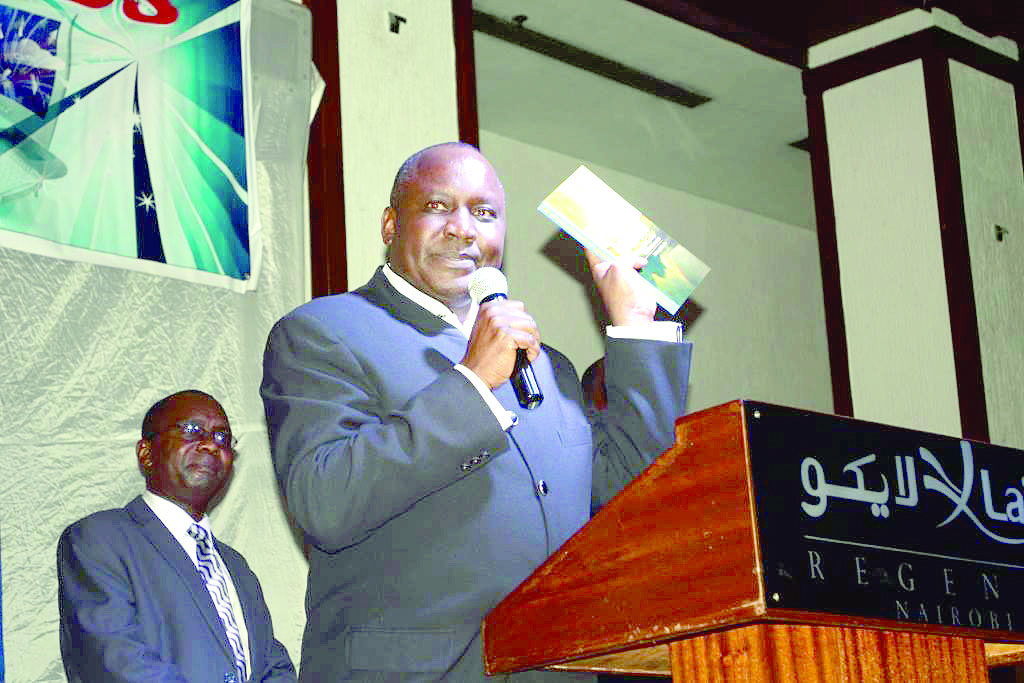Pioneer of Internet service in Kenya

Shem Ochuodho is a celebrated Information Technology guru. He represented Rangwe constituency in Homa Bay county between 1997 and 2002 and later became a computer consultant.
He also serves as the chair of Kenya Diaspora Association. He played an important role in the introduction of the Internet into the country.
There was no Internet service available for the public in the country until around 1992 when the then youthful lecturer from the University of Nairobi, Dr Ochuodho introduced it through an NGO, African Regional Centre for Computing (ARCC).
So most corporates in urban centres were basically getting rid of their typewriters in favour of desktop computers that would then run word processing and spreadsheet functionality.
Given the seemingly persistent unemployment rate in the country, the Kanu regime, led by President Moi, felt that desktop computers were denying the youth employment opportunities, and needed to be discouraged through high import duties and other interventions.
Surprisingly, the high tax on imported computer units triggered a thriving local industry for computer assembly.
Some young engineers got together and founded Diamond Systems, a company that imported computer parts and started assembling them into complete computer units for the local and regional markets.
By the time the Kanu regime noticed what was going on, it was being faced with a bigger problem – the arrival of the Internet.
Data services
In 1992, the telecommunication and broadcasting market was of course a government monopoly. If you needed voice or data services, you had to deal with the government monopoly called Kenya Post and Telecommunication Corporation (KP&TC).
The year 1992 was at the peak for fighting for multiparty democracy and the Kanu regime had been forced to open up some political space and freedom but still had a tight grip on information flows and media freedoms.
Since President Moi won the 1992 election, his grip and control on information flow relaxed a bit and Ochuodho and service providers like Africa Online, Kenya Web and others joined the market.
However, since their traffic had to go through the government monopoly provider, they were restricted to only offering email services and very limited web browsing due to prohibitive costs and poor quality of service.
More importantly, it was illegal for these Internet pioneers to provide voice communication over the Internet – Voice Internet Protocol (VoIP) until the year 2000.
Eventually, the Kibaki regime of NARC took over in 2002 and opened up the markets, and the rest, as they say, is history. Kenya today remains one of the most advanced nations on the continent in terms of Internet use, penetration as well as media and Internet freedoms.
Local and global awards
He has won numerous local and global awards following his role in information technology. In 2007, Ochuodho was honoured with the Kenya Community Abroad (KCA) Award for Excellence for his exemplary efforts in the Information, Communication and Technology industry (ICT).
He has worked for the Rwandan and South Sudan governments as ICT consultant. He was the founding convener and secretary of the National Alliance(NA), which gave birth to the National Alliance for Change (NAC), which in turn gave rise to the National Rainbow Coalition (NARC).
He ran for the Deputy President in the March 2013 Kenyan Presidential election on a Safina party ticket.








